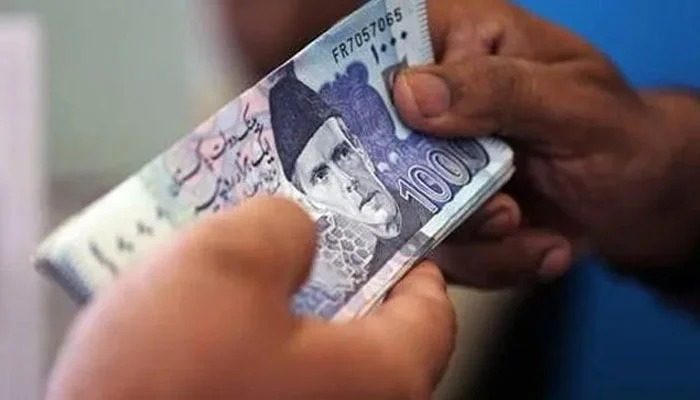The government aims to curb illicit practices while modernizing payment systems, transforming a sector essential to everyday life and the nation’s commerce

By our correspondent
ISLAMABAD: The government is set to introduce significant measures aimed at encouraging digital transactions and reducing tax evasion in the upcoming Finance Bill. A key part of this strategy involves discouraging cash payments by imposing additional charges on certain purchases made with cash, signaling a determined effort to bring more financial activity into the formal economy.
One of the most notable proposals is an added charge of up to Rs3 per liter on petrol bought with cash. This move is designed to combat two long-standing issues: tax evasion and fuel adulteration, both of which have persisted at petrol stations across the country. To support this shift away from cash, petrol pumps will be encouraged to install QR codes, making it easier for customers to pay using debit or credit cards. The government hopes this will not only curb illicit practices but also modernize payment systems in a sector critical to daily life and commerce.
In addition to petrol, discussions have been underway with the corporate sector about allowing manufacturers and importers to levy an extra 2 percent tax on cash sales. This proposal is part of a broader push to reduce reliance on cash payments across industries. Retail stores are also under consideration for similar measures, where customers paying in cash could face additional tax burdens. This is a marked contrast to restaurants, which already benefit from tax exemptions on card payments, indicating a government preference to incentivize digital payments through selective tax relief.
For salaried individuals, however, the upcoming budget appears unlikely to bring major tax cuts. Officials have indicated that any relief for this group will be modest, without significant reductions in existing tax rates. This cautious approach suggests the government is prioritizing measures that strengthen the tax base and promote transparency over broad-based tax breaks.
While cash payments will still be permitted, buyers opting to pay in cash will need to absorb the extra tax costs. At the same time, manufacturers and importers will be obligated to collect the usual 18 percent General Sales Tax on digital payments made via simplified QR codes and other approved digital methods. This ensures that the shift to digital payments does not compromise revenue collection.



